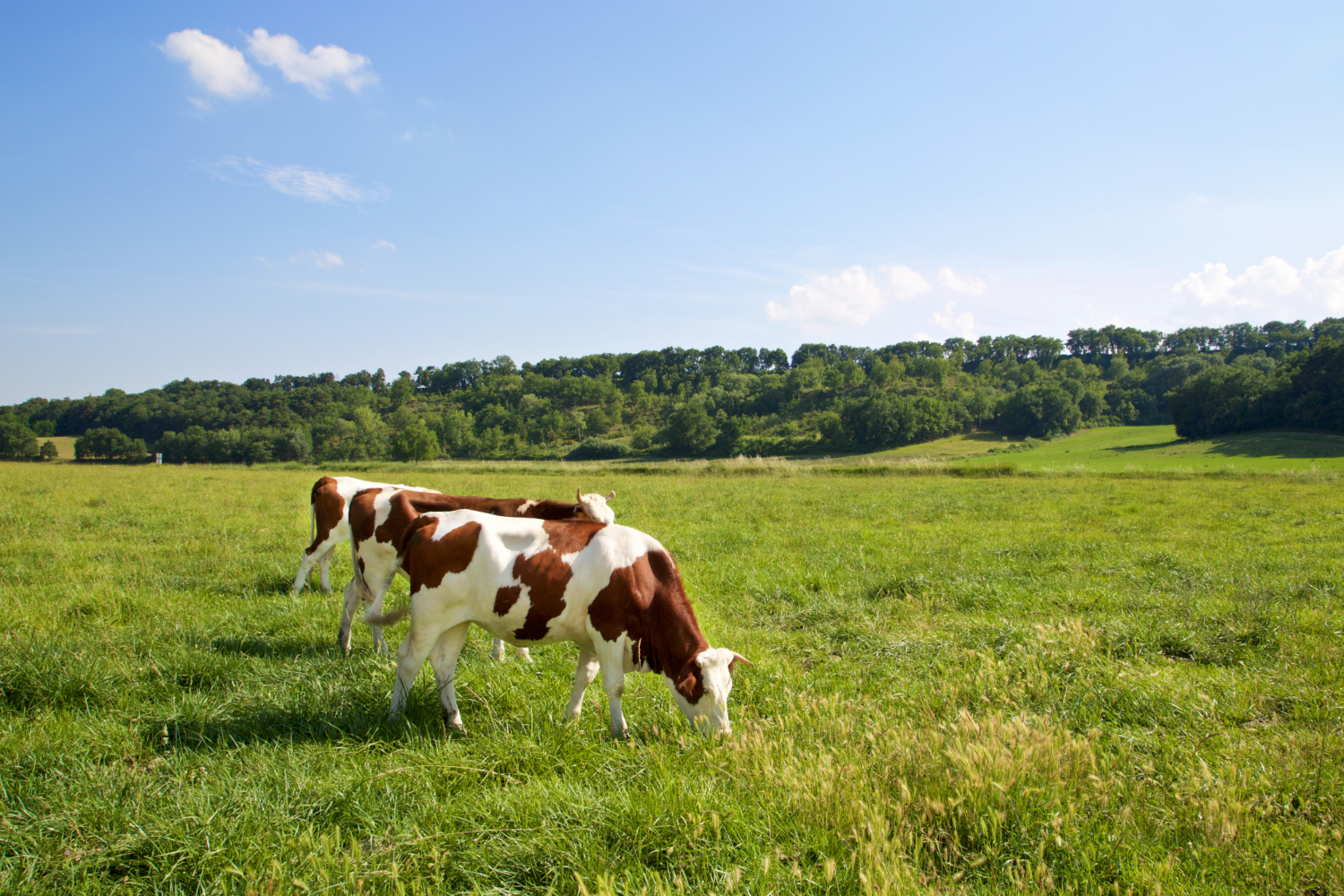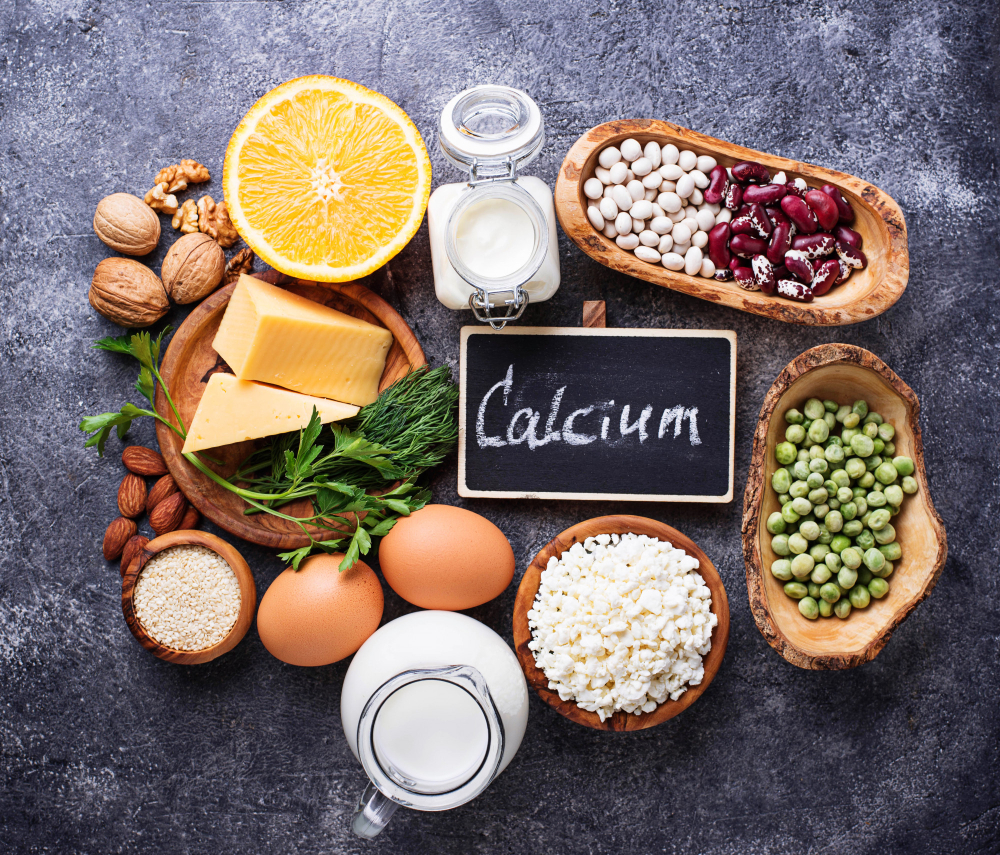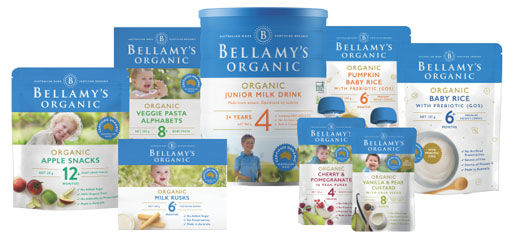What is Organic Milk? What are The Benefits of Organic Milk?
With the trend of organic consumption, organic milk has been in popular demand as a nutritious, delicious and most importantly, of highest safety amongst different types of milk on market. Are you confident you fully understand organic milk and its marvelous benefits?

1. What is organic milk?
In essence, organic agriculture requires a thorough period from farming, harvesting and then processing only resorting to natural ingredients and supporting additives and preventing all harmful substances. All to preserve the natural freshness of the agricultural products from nature to the consumers, with values derived from benefits such as high safety, rich in nutrition, and an original, organic taste.
Technically, organic milk as well as other organic agriculture products are to meet 3 essential requirements to be claimed organically sourced:
- No use of artificial chemical substances (pesticides, chemical fertilizers, preservatives, colorants, artificial sweeteners, MSG, etc)
- No use of growth hormones
- No use of antibiotics and GMO
However, these 3 essential organic requirements are only the core principles to live up to in organic farming. In reality, organic requirements tend to greatly vary amongst each category of products, or each organic-source management standards (farming model, procedures, etc of production), with a large number of different complicated regulations.
Organic farming for dairy products is often associated with the image of luxurious farming, farms built on naturally intact land with access to fresh water and mild weather and barns expected to be like “resort” to cows – where they can live comfortably with organic feeds, daily showering, listening to music and feeling no stress or pain. All to bring out the best kind of milk from these cows, organically from nature, fresh, delicious and rich in nutrition
To fully answer “What’s organic milk?” from the scientific aspect of organic farming, it is worthwhile to read through the general required principles in organic farming for dairy products, as issued by USDA Organic – a leading management body in organic agriculture from the US Department of Agriculture (details at link: https://bit.ly/3cPglUy).
Milk of organic standards:
- Origin of Livestock: must be of appropriate breeds, must be offspring of livestock under organic management from the last third of gestation, offsprings must be under continuous organic management 1 year prior to the production of milk. In case, livestocks are purchased, necessary documents must be provided to prove the organic origin;
- Livestock Feed: grains and forage, including pastures on farms transitioned to organic standards at least 03 years. Livestock must not be fed growth hormones. and only resort to additives and supplements consistent with the approved list;
- Healthcare of Livestock: live in a safe, healthy environment (free movement and forage and vulnerable to stress and pain in any situations), with necessary healthcare and vaccinations to prevent diseases and parasites.
Especially, no antibiotics or harmful chemical substances are allowed for treatment of livestock. In necessary cases if livestock needs particular treatment of substances not from the approved list then the livestock must be excluded from the herd and agricultural products from it are not allowed to be labelled “organic”.

Farming procedures of organic standards:
- Land environment: appropriate for growing feeding crops only after 3 years of transition to organic standards and has no prohibited substances
- High quality living environment: housing of adequate ventilation, supply of clean water and proper sanitation, must have access to the outdoors, shade, shelter, exercise areas, fresh air and direct sunlight year round.
Besides the basic 3 requirements of no harmful substances, growth hormones, and GMO above, organic farming for dairy products in reality is a painstakingly complicated process. This explains why organic milk with proper certification are sold at high price, for their high safety, rich in nutrition and delicious flavour.
Please note that these are only basic principles in organic regulation of dairy farming from the USDA Organic. Consumers are advised to resort to globally acclaimed organic certification (USDA Organic – US, EU Organic – EU, Organic JAS – Japan) and their related partners, and especially be cautious about low quality organic products with unclear origin which are more and more popular on market these days due to illegal use of the term “organic” by many producers and distributors.
Indeed, finding the right organic milk of high quality requires scientific understanding about the products and organic agriculture as a whole and not least, your own experience.
2. Essential benefits of organic milk:
2.1. High safety thanks to organic origin:
Without harmful substances, growth hormones, and GMO, organic milk is currently the milk of highest safety, for organic, natural origin.
Organic milk is truly the choice to consume the milk most-like brought right from nature to you!
2.2. Highly rich in beneficial nutrition:
Several scientific researches conducted claims the superiority in terms of nutrition richness of organic milk compared to other types. Besides the long known nutritions of calcium, DHA, protein, energy, fibers, vitamin D, B2, B12, minerals, etc of milk, organic milk is especially rich in the following substances, highly beneficial to our health:
✔ Antioxidants: carotenoids (converted to vitamin A in our body), selenium, vitamin E, glutathione, etc essentially counter the stressed/imbalanced oxidation in our body – the cause of cancer (skin, lung and bone) and cardiovascular diseases (heart attack, atherosclerosis, etc) and aging process as a whole.
✔ High in fatty acid omega-3: greatly helps prevent the counterbalance omega-6 to omega-3 to the safety ratio of 1-2.3, essentially reducing risks of chronic diseases (cancer, cardiovascular diseases, diabetes, obesity, asthma, depression, etc).

2.3 Original, organic flavour from nature:
Whether organic milk tastes better largely depends on personal preference. Yet, many lifelong organic consumers all claim that organic milk brings a stronger, original taste of nature that they can enjoy for years.
The fat of milk organically sourced accounts for the main difference in taste. A qualitative blind test of Huffpost shows that more than half of participants can instantly recognize that it is organic milk just by the rich, full creamy flavour and the full, thick milk’s texture.
Reference:
- USDA Organic – “Guidelines for Organic Certification of Dairy Livestock”: https://bit.ly/3cPglUy
- USDA Organic – Regulations on “Cosmetics, Body Care Products, and Personal Care Products”: https://bit.ly/2TM33kP
- HuffPost – “Organic Milk vs. Regular Milk: Which Tastes Better?”: https://bit.ly/2TM2qYv
- US Government – The National List of Allowed and Prohibited Substances: https://bit.ly/3xwV1Lu
Featured post
-
05 Diet Plans That Are Good For Your Health
31/07/2022
-
Best Times to Sleep for Adults & Children
01/06/2022








